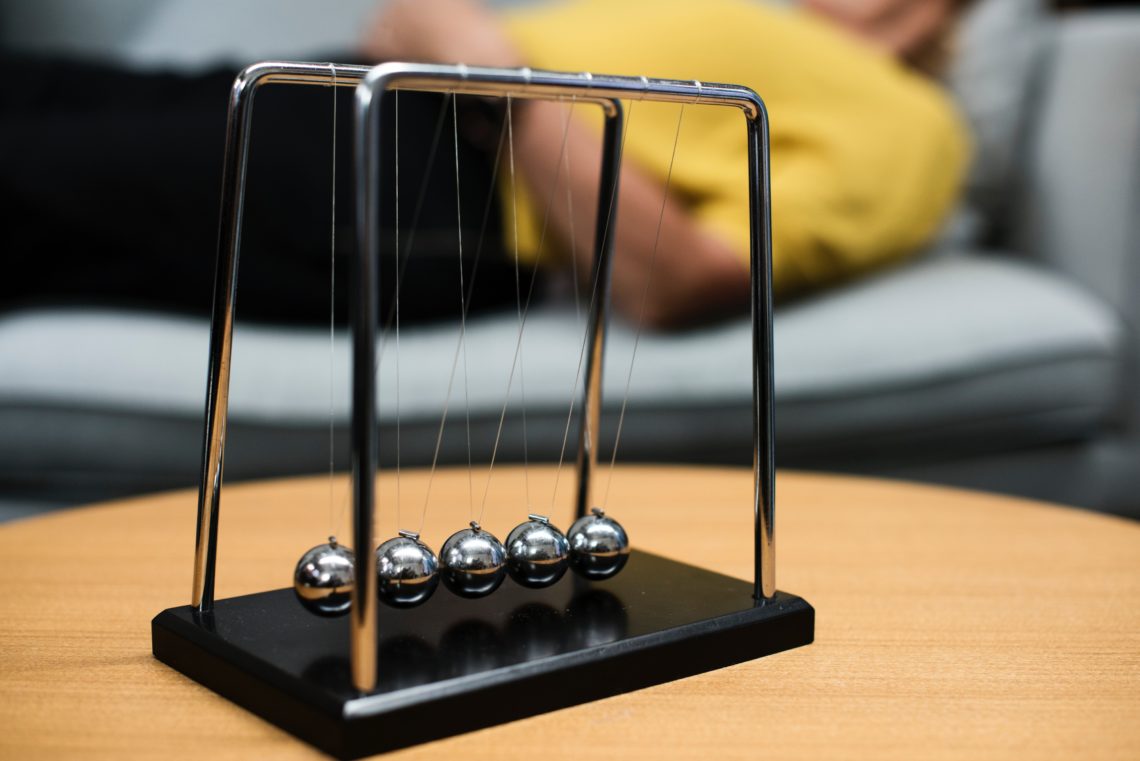We all have our anxious moments or times when we are depressed. It’s normal to feel these emotions when we are in stressful situations. Generally, this anxiety or depression goes away once conditions improve and life becomes less hectic again. For millions of people, however, anxiety or depression can drag on and on. It may get worse over time and might even start to interfere with their work, school, or relationships. When it reaches this point, it is likely that the person has an anxiety or mood disorder that requires treatment.
While about 20 million to 40 million Americans suffer from these disorders, only about a third will seek help – yet these conditions are highly treatable.
People who have depression or other mood disorders often do best with a combination of psychotherapy and medication. Anxiety help and relief comes through therapies like cognitive behavioral therapy (CBT) and mindfulness.
Most of the time, someone who is undergoing treatment for depression or anxiety will see their therapist once or twice a week for 30-60 minute sessions. These sessions often continue for three to four months, but could go on much longer depending on the severity of the person’s disorder. However, a relatively new concept in psychotherapy, called intensive outpatient therapy, is showing promise for helping patients get better faster.
What Is Intensive Outpatient Therapy?
Intensive outpatient therapy is focused therapy that is given over longer treatment sessions. For example, intensive treatment might be concentrated into daily, three-hour sessions given five days in a row over a two to four week period. Just as with a traditional psychotherapy session, intensive treatment uses methods like CBT, mindfulness, and exposure response and prevention (ERP). The idea behind the intensive sessions is to teach strategies to decrease the person’s symptoms and provide support, but to do it within a framework that allows them to live at home and continue family or personal activities. An intensive outpatient therapy program includes:- Comprehensive treatment planning
- Learning to recognize unhealthy behaviors
- Methods and practice to aid in asking for and getting support
- Learning coping strategies and skills
- Building successful problem solving abilities
- Follow up sessions to reinforce these new skills
Who Would Benefit From Intensive Outpatient Therapy?
Sometimes a person can struggle with depression or anxiety symptoms while still being able to function in their daily life. At other times, someone may need more focused therapy and support. Intensive outpatient treatment would work for both people. Intensive therapy also benefits those who either don’t find it practical to see a therapist over several months or those who have tried traditional therapy but haven’t been as successful as they’d hoped. It also can provide rapid and effective management in someone with severe symptoms who has taken time away from work or school for their recovery. To be most effective, those who participate in intensive therapy should:- Be sure they attend every session. This can be difficult if they are having bad days, but they will get the most benefit by coming to every appointment.
- Allow themselves time to process what they are learning.
- Treat themselves gently while they learn that it’s okay to make mistakes
- Trust in the therapy and therapist.
Learn More About Our Upcoming Intensive Outpatient Therapy Sessions – Starting Soon!
If you have depression or need anxiety help, consider our upcoming summer intensive therapy sessions. For more information, talk to the mental health professionals at The Center for Treatment of Anxiety and Mood Disorders in Delray Beach, Florida. Contact us or call us today at 561-496-1094.Dr. Andrew Rosen
Dr. Andrew Rosen PHD, ABPP, FAACP is a Board-Certified Psychologist and the Founder and Director of The Center for Treatment of Anxiety and Mood Disorders, as well as, the Founder of The Children’s Center for Psychiatry Psychology and Related Services.





